1. He Skipped Two Grades and Started College at 15
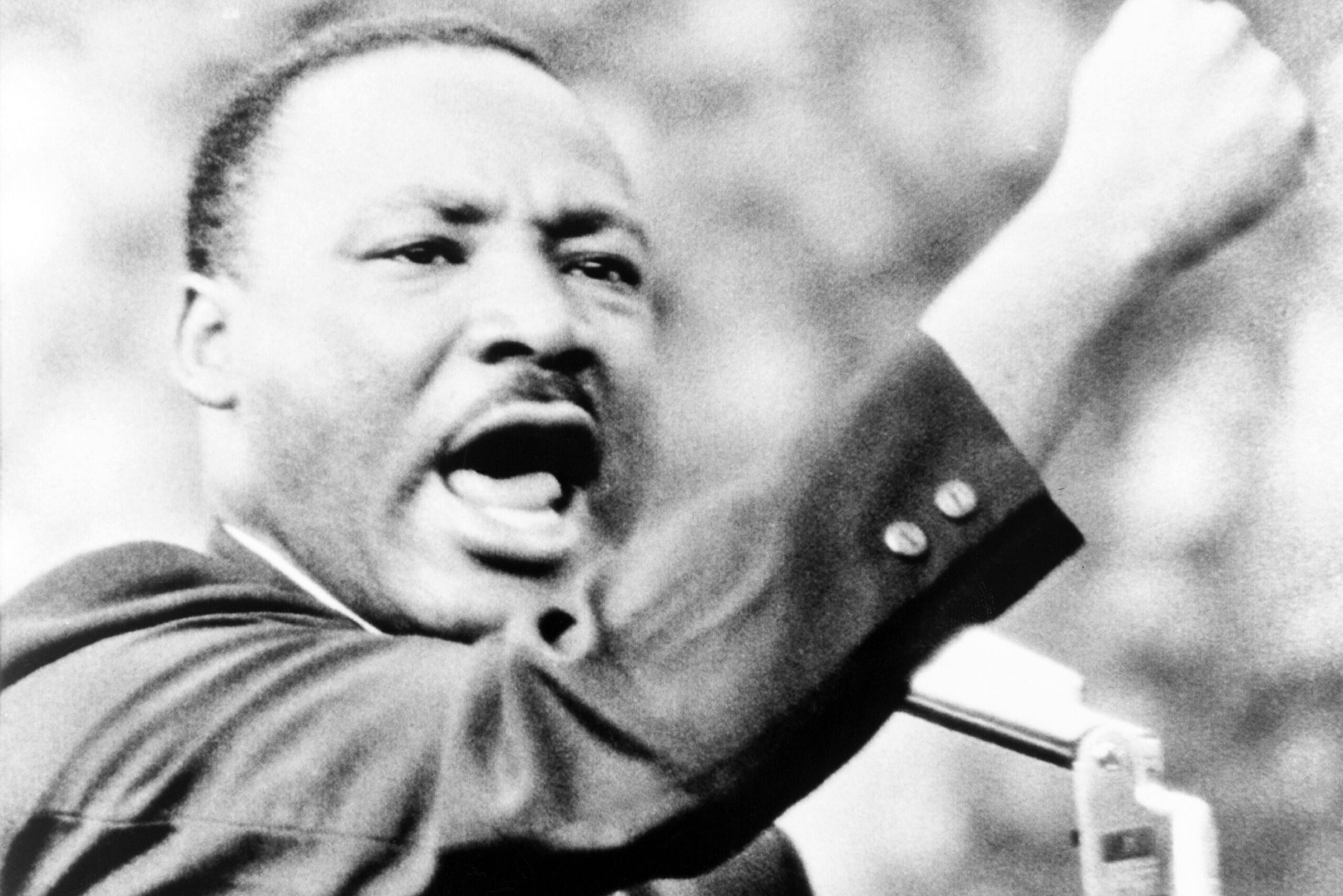
Martin Luther King Jr. wasn’t just wise beyond his years—he literally jumped ahead of them. He skipped both the ninth and twelfth grades and started attending Morehouse College at just 15 years old. That’s the kind of feat that makes you wonder if he was always destined for greatness. At a time when most teens are figuring out who they are, he was already sitting in college lectures, soaking up philosophy and theology shares Business Insider.
Despite his age, he wasn’t intimidated by older classmates. In fact, he thrived in that environment and soon began to see how education could shape his future. His time at Morehouse was when he first considered becoming a minister, though he initially resisted the idea. It’s pretty astonishing to think that one of the most influential voices in American history started finding his path before he could legally drive says WSOC TV.
2. He Got a ‘C’ in Public Speaking
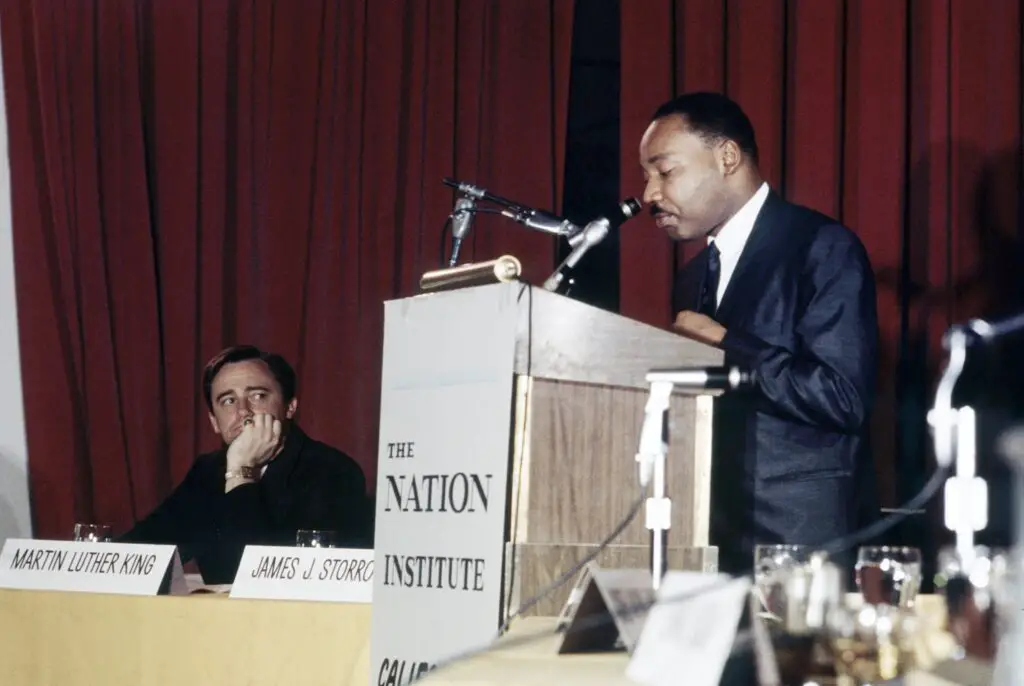
It’s almost impossible to believe, but MLK once got a C in public speaking. The man known for delivering some of the most moving speeches in history—including “I Have a Dream”—didn’t start out as a natural orator. It happened during his first year at seminary, and while the grade eventually improved, it’s a reminder that even the best have humble beginnings shares Open Culture.
Instead of giving up, he worked harder. By the time he graduated from Crozer Theological Seminary, he had earned straight A’s in public speaking and was class valedictorian. He showed that talent isn’t always instant—it can be shaped with dedication. That one early C might’ve felt discouraging at the time, but it didn’t define him explains Mental Floss.
3. His Birth Name Was Michael
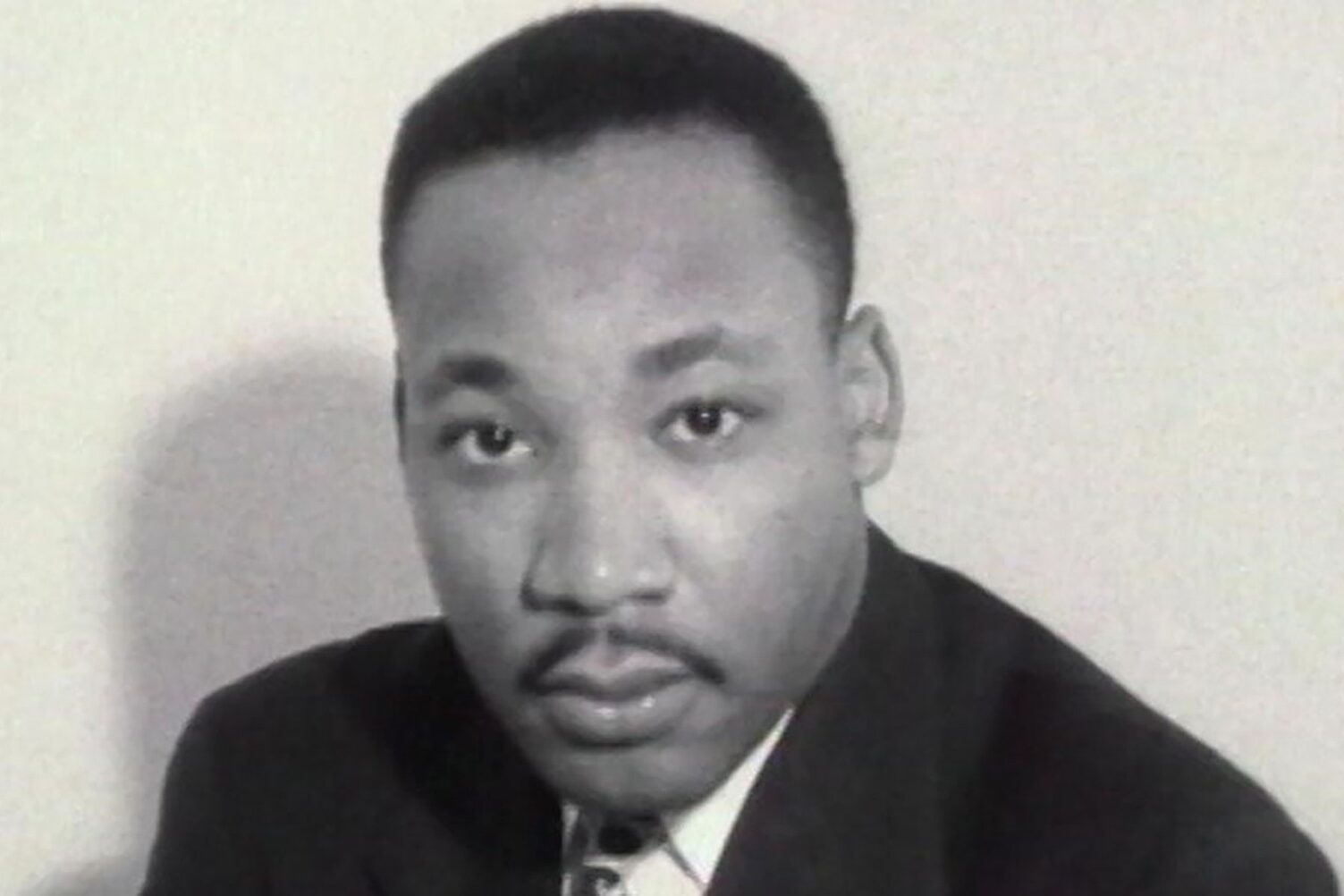
Martin Luther King Jr. was born Michael King Jr. in 1929. It wasn’t until he was about five that his father, also a pastor, changed both of their names. After traveling to Germany and learning about Protestant reformer Martin Luther, his father felt inspired to adopt the name. It’s a symbolic nod that feels especially meaningful in hindsight, considering both men became known for standing up to injustice.
The name change wasn’t just a legal formality—it was a turning point in identity. Although young Michael probably didn’t fully grasp the weight of the decision at the time, it gave him a powerful legacy to live into. And live into it he did. “Martin Luther King Jr.” would eventually become a name known around the world.
4. He Was Nearly Assassinated a Decade Before Memphis
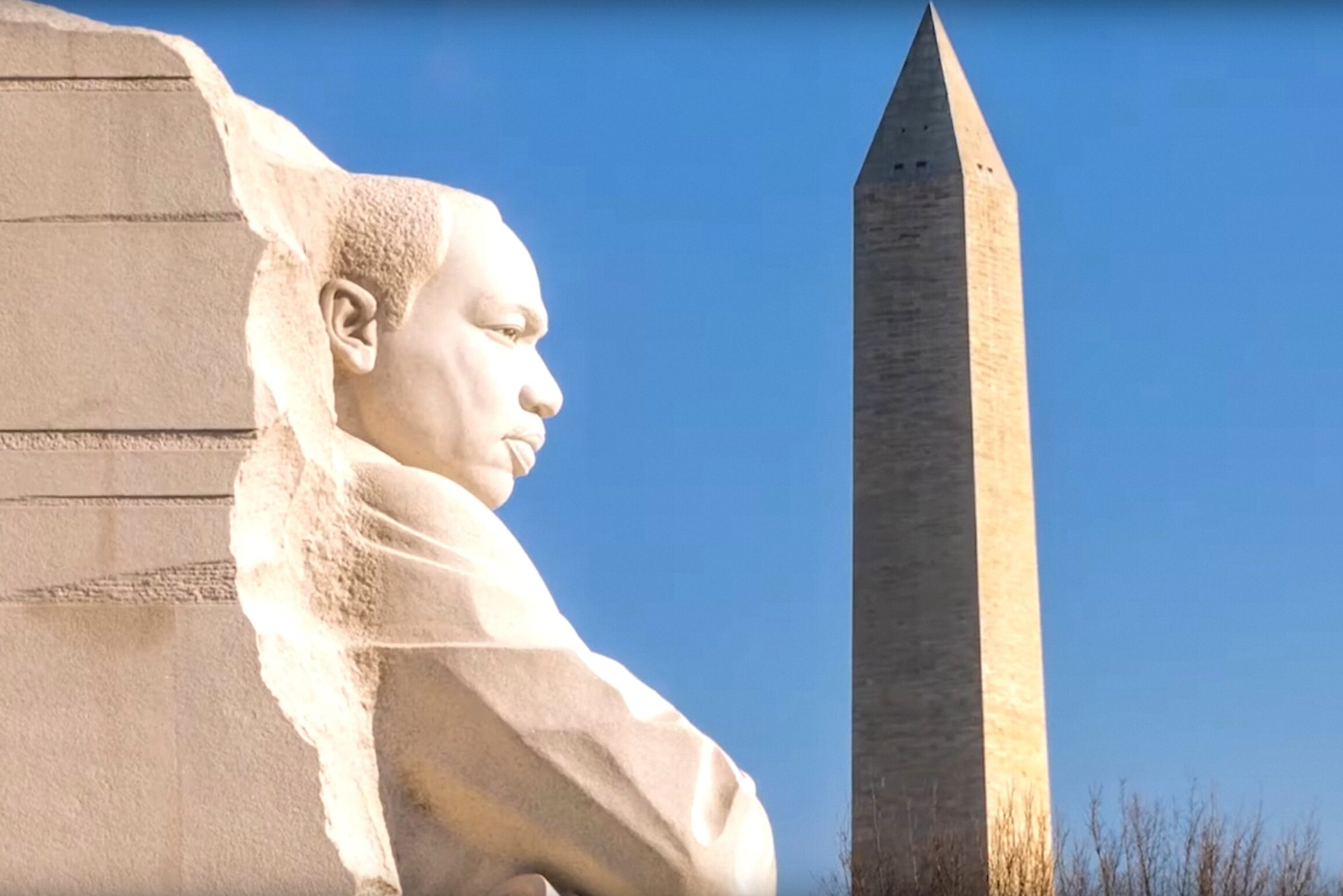
Long before April 4, 1968, King survived another attempt on his life. In 1958, a woman named Izola Curry stabbed him in the chest with a letter opener during a book signing in Harlem. The blade was so close to his heart that doctors said if he had sneezed, he would’ve died. It was a miracle he survived—and King himself often reflected on that moment in speeches.
He later wrote about forgiving Curry, saying she was clearly mentally ill and not fully in control of her actions. That ability to show compassion even after such a personal attack speaks volumes about his character. He used the experience to deepen his message of nonviolence. It also made him more aware of the risks he faced every day.
5. He Loved Star Trek and Other Pop Culture
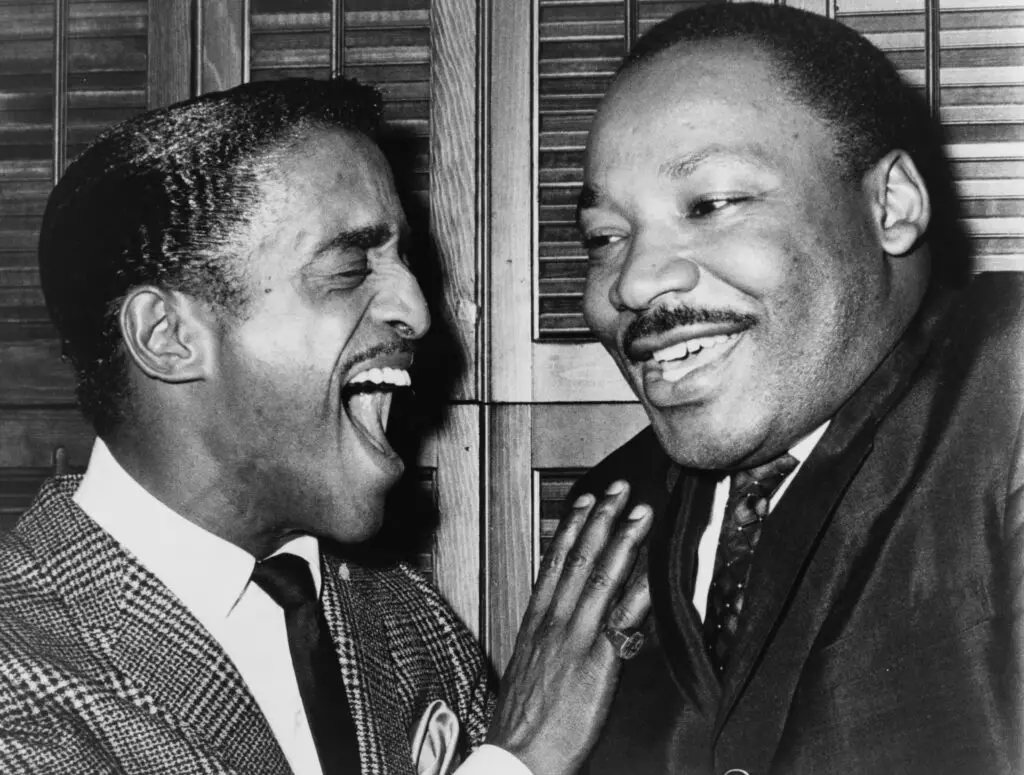
Despite the seriousness of his mission, King wasn’t all sermons and speeches—he had favorite TV shows too. He was a fan of Star Trek and even convinced actress Nichelle Nichols (who played Lieutenant Uhura) to stay on the show when she considered leaving. He told her how important it was for young Black children to see someone like her on television. That kind of advocacy reached far beyond marches and protests.
King appreciated the power of representation in media, and he wasn’t afraid to show his appreciation for pop culture. He also loved music, especially gospel and jazz, and often played the piano at home. It’s easy to forget that historical figures had hobbies and favorite shows just like the rest of us. But it makes them feel all the more human.
6. The FBI Sent Him a Disturbing Letter
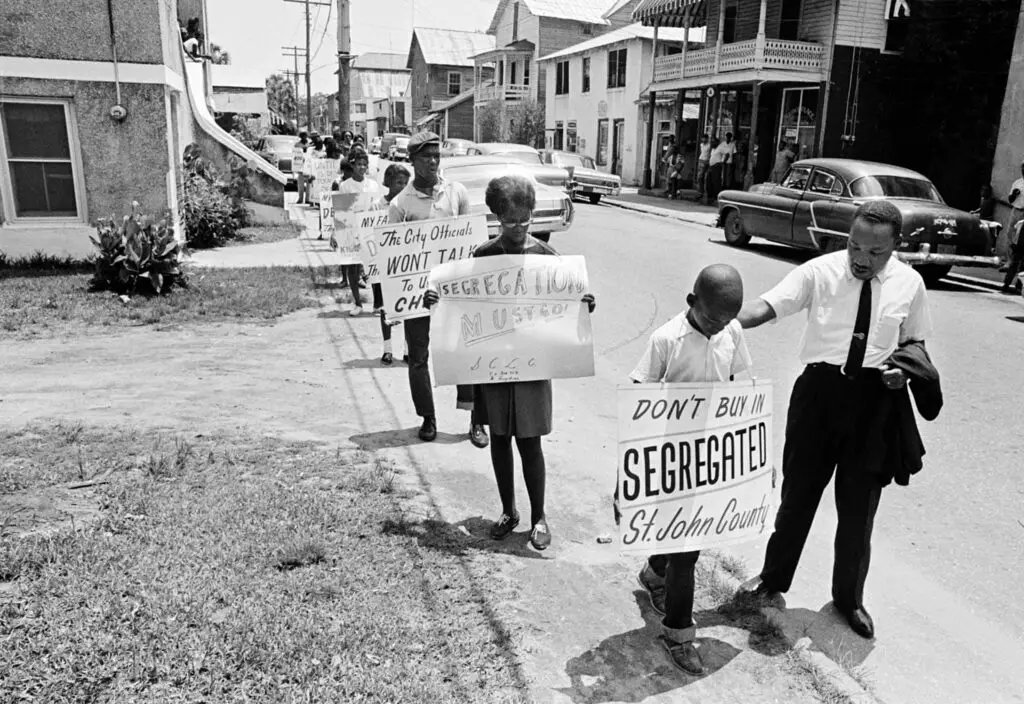
The FBI didn’t just monitor King—they actively tried to destroy him. Under J. Edgar Hoover, the agency sent him an anonymous letter trying to coerce him into suicide. The letter, which included threats and personal attacks, was accompanied by tape recordings from illegal surveillance. It was an ugly and deeply personal campaign to break his spirit.
King suspected it was the FBI behind the letter and didn’t give in. But the psychological toll it must have taken can’t be overstated. This wasn’t just political opposition—it was a targeted harassment campaign. And still, he kept going, knowing full well he was being watched and threatened.
7. He Was Arrested Nearly 30 Times
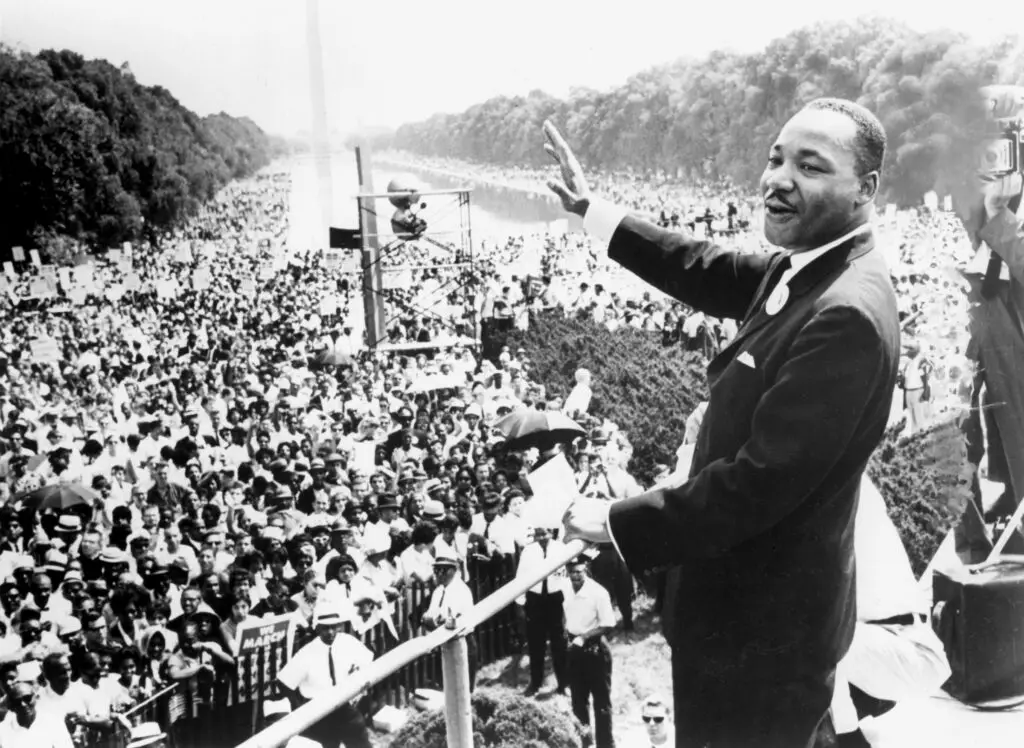
King was no stranger to jail cells. Over the course of his activism, he was arrested almost 30 times. Most of the charges were for acts of civil disobedience, like marching without a permit or organizing sit-ins. These arrests were a badge of honor to him, proof that he was challenging unjust laws in a meaningful way.
One of the most famous arrests led to his “Letter from Birmingham Jail,” a powerful defense of nonviolent protest. He wrote the entire letter on scraps of paper while behind bars. It became one of his most important works and is still studied today. Jail didn’t silence him—it gave him another platform.
8. He Won a Grammy
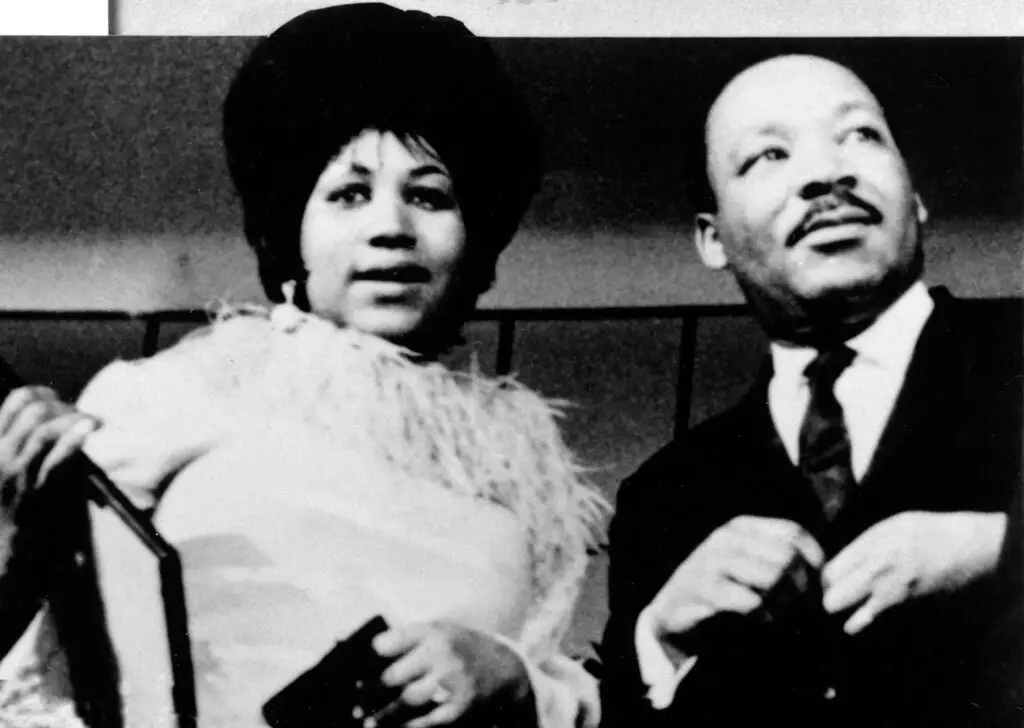
In 1971, three years after his death, King was awarded a posthumous Grammy. It was for Best Spoken Word Recording, and the winning piece was Why I Oppose the War in Vietnam. It’s easy to forget that his voice wasn’t just political—it was poetic and powerful enough to win awards typically reserved for artists.
This speech, like many of his others, was deeply controversial at the time. But the Grammy win showed that people were starting to see the depth and artistry in his words. Even in death, his voice continued to resonate. And it proved that truth, when spoken beautifully, can be honored in unexpected ways.
9. He Once Considered a Career in Medicine
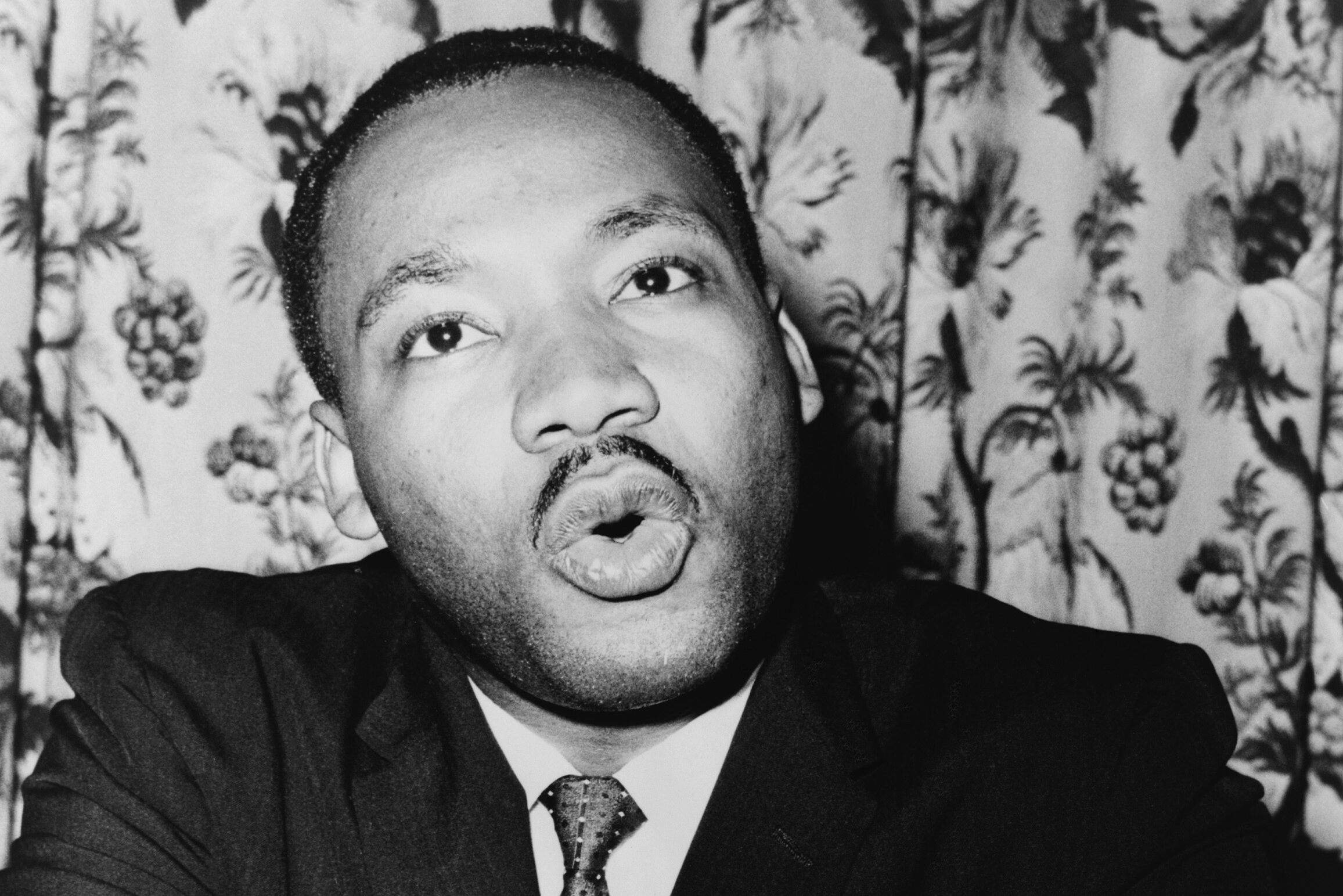
Before he found his calling as a preacher and civil rights leader, King had his eye on a different path. As a teenager, he briefly considered becoming a doctor or a lawyer. He was drawn to professions that helped people and offered a way to create change. But something about the pulpit kept calling to him.
Eventually, he realized he could combine his love of language with his desire to serve. Preaching became his way of healing and advocating, not just spiritually but socially. That blend of intellect and compassion defined everything he did. And though he didn’t wear a lab coat, he still helped mend a broken world.
10. He Was a Huge Fan of Mahatma Gandhi
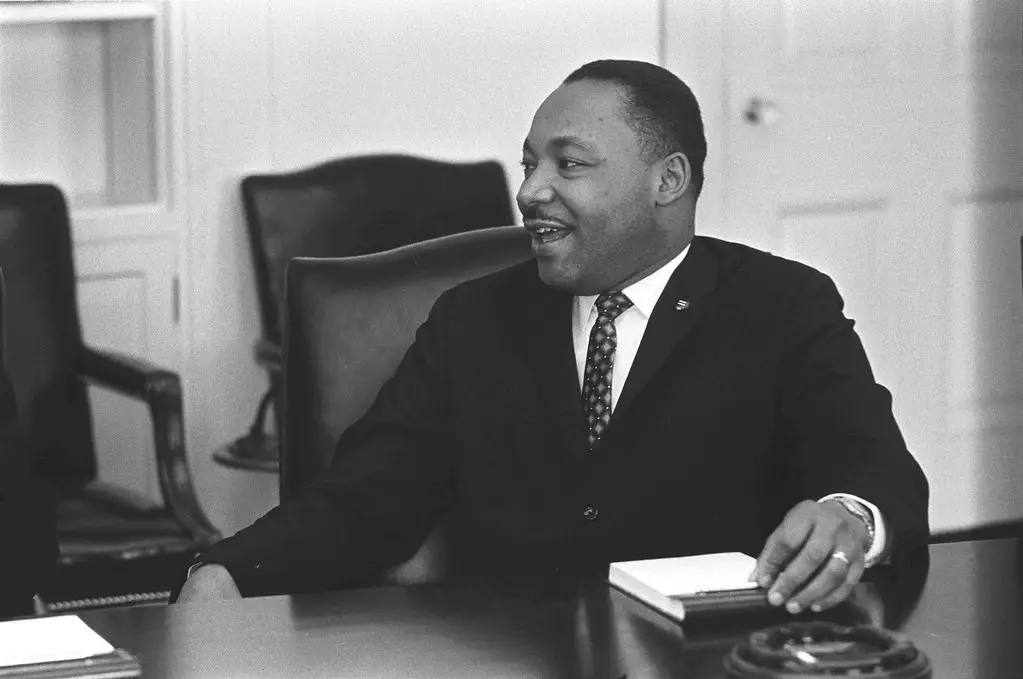
Gandhi’s philosophy of nonviolent resistance had a profound impact on King. After reading about Gandhi in seminary, King dove deeper into his teachings and became a devoted student of his methods. He even traveled to India in 1959 to learn more about Gandhi’s legacy firsthand. That trip solidified his belief that peaceful protest could be a powerful tool for change.
King often said that Christ provided the spirit, but Gandhi provided the method. That fusion of religious conviction and strategic activism shaped the Civil Rights Movement. It also helped set King apart as a global figure, not just an American one. His admiration for Gandhi helped build a bridge between two powerful movements.
11. His Mother Was Also Tragically Killed
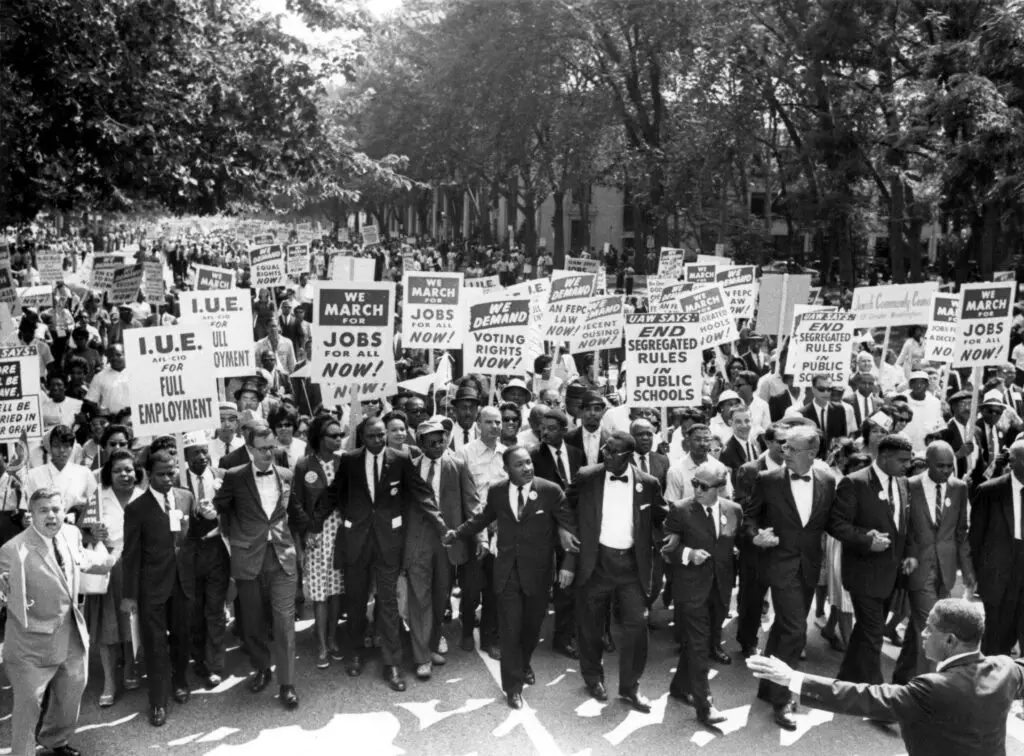
Five years after King was assassinated, his mother Alberta Williams King was shot and killed while playing the organ at Ebenezer Baptist Church. The shooter claimed he acted out of anger toward Christians, and the tragedy rocked the King family all over again. It’s a heartbreaking bookend to the violence that surrounded MLK’s legacy.
People often forget that his family paid a continued price for his work. Alberta’s death was a painful reminder that hatred can linger long after the headlines fade. Yet the family stayed committed to peace and community service. Their strength in the face of repeated tragedy is nothing short of incredible.
12. He Was the Youngest Person to Win the Nobel Peace Prize
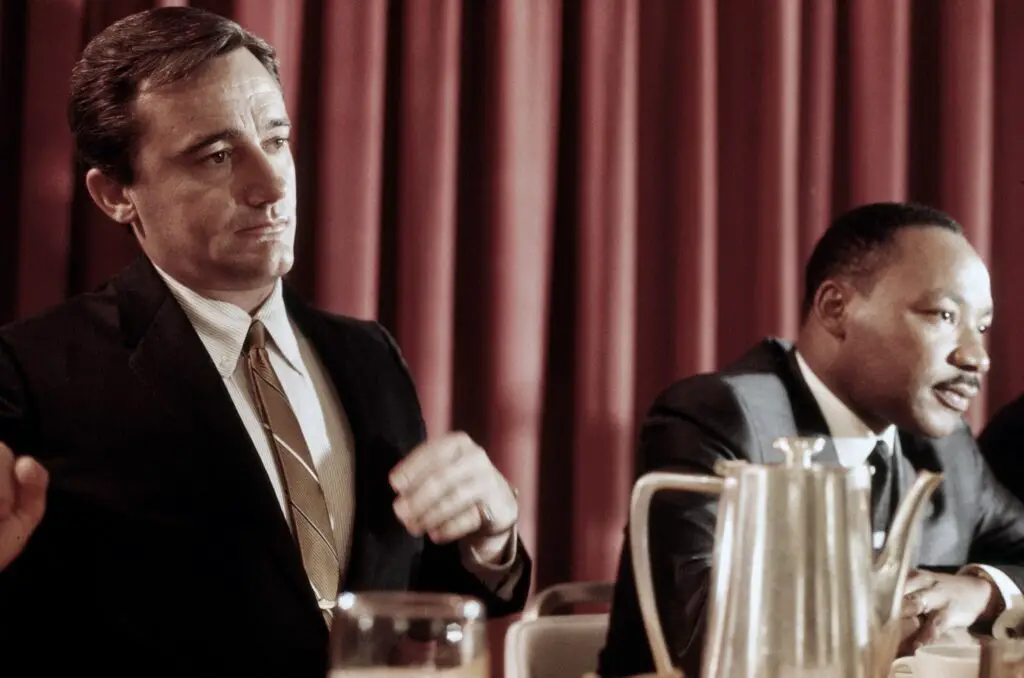
In 1964, King was awarded the Nobel Peace Prize at just 35 years old. At the time, he was the youngest recipient ever. The committee recognized his commitment to nonviolent resistance and his leadership during the Montgomery Bus Boycott and Birmingham Campaign. The prize came with $54,000, which he donated entirely to the civil rights cause.
King used the moment not to bask in glory but to push harder for change. His acceptance speech was humble and powerful, reflecting both gratitude and urgency. He didn’t see the award as a personal win, but as a call to keep going. It was proof that the world was watching—and starting to listen.
13. He Had a Sweet Tooth
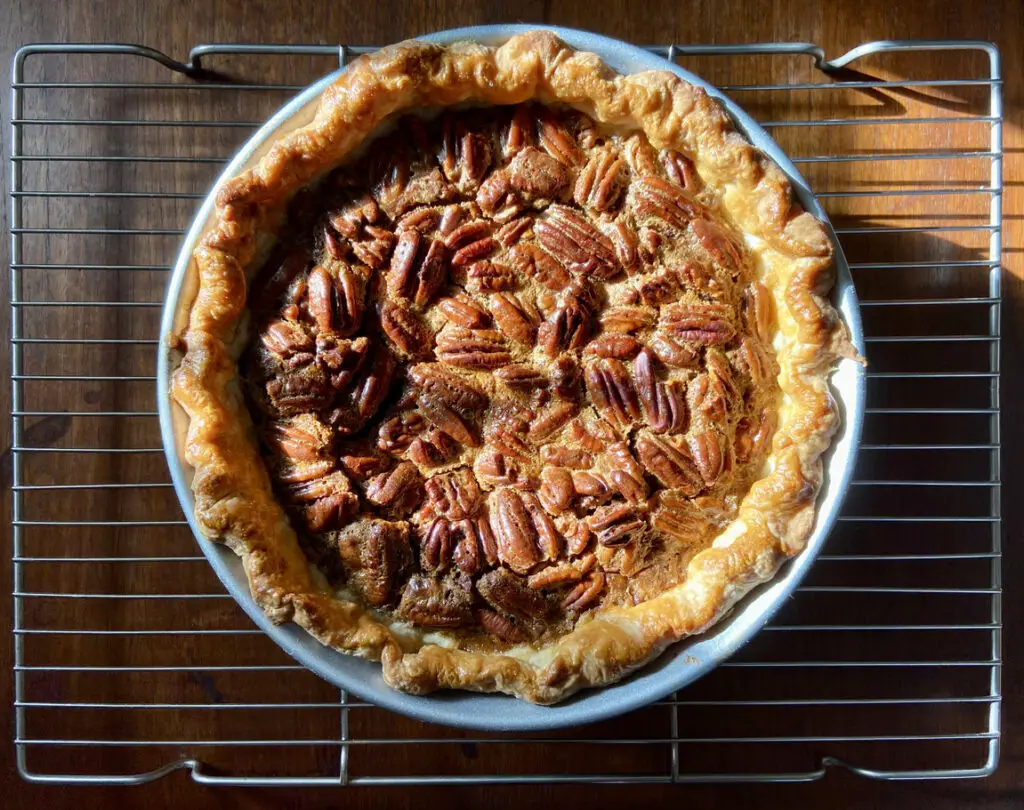
Even civil rights icons have cravings—King had a known weakness for pecan pie. It was one of his favorite desserts, and those close to him said he rarely turned down a slice. He also enjoyed fried chicken and collard greens, staples of Southern comfort food. These little details offer a more human side to someone often seen as larger than life.
He wasn’t a saint or a statue—he was a man with favorite meals and guilty pleasures. When people brought food to movement meetings, it wasn’t just about nourishment. It was also about community, comfort, and connection. Sometimes the revolution is fueled by good pie and warm company.
14. He Never Saw His Final Speech on TV
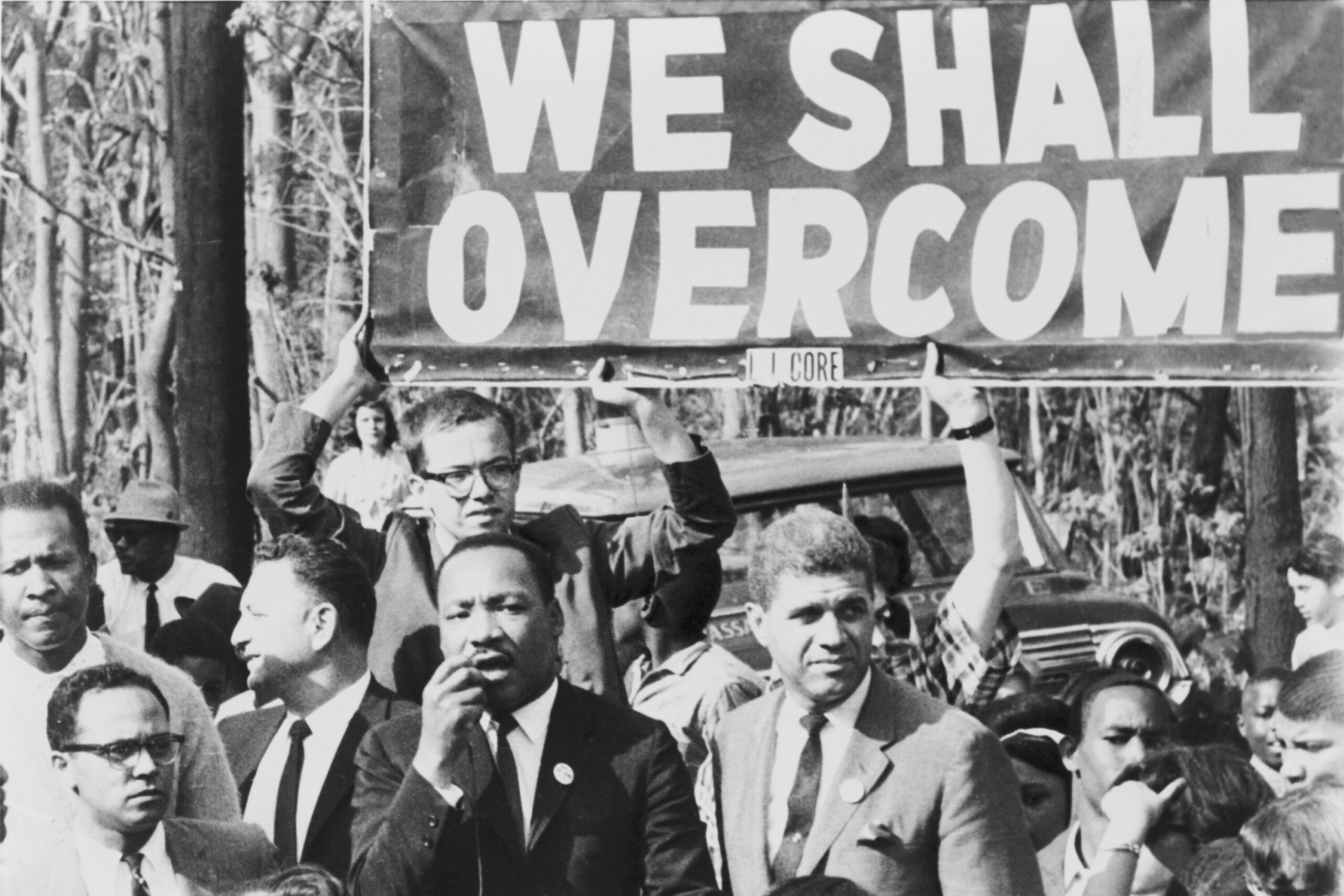
The night before he was killed, King gave his haunting “I’ve Been to the Mountaintop” speech in Memphis. In it, he spoke as if he somehow sensed what was coming, saying he might not “get there with you.” It was powerful, prophetic, and deeply moving. But tragically, he never lived to see the broadcast.
The next day, he was shot on the balcony of the Lorraine Motel. That final speech became something of a farewell message, a spiritual passing of the torch. It’s chilling how clearly he seemed to sense the danger around him. And it’s a reminder that even when he was exhausted and threatened, he still showed up and spoke out.
